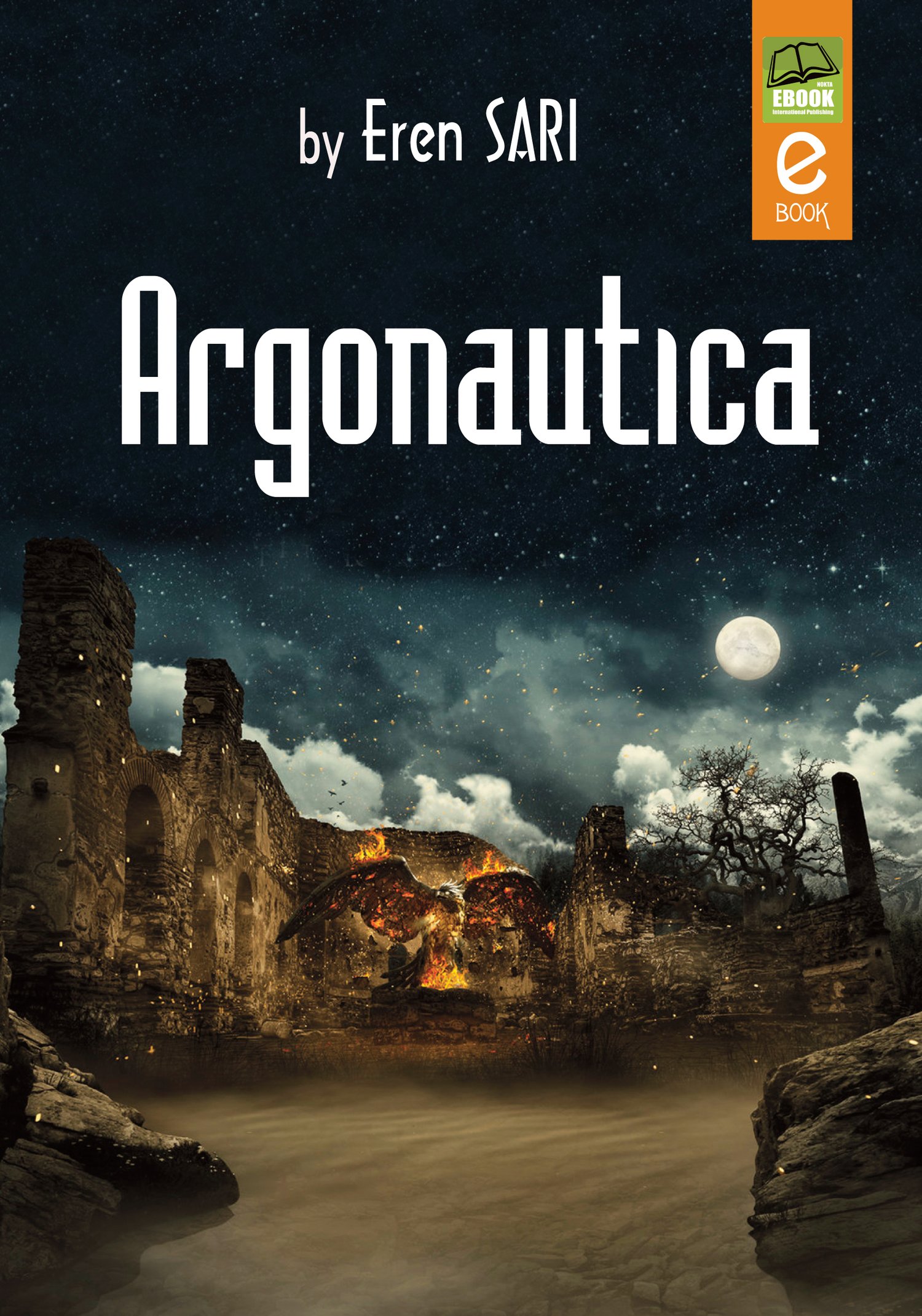
Argonautica
Gist of the Poem
The Argonautica is a Greek epic poem written by Apollonius Rhodius in the 200s BCE. It is the only surviving Hellenistic epic, telling the myth of the voyage of Jason and the Argonauts to retrieve the Golden Fleece from the mythical land of Colchis.
In the first book, the ship Argo is built and a crew of around fifty heroes is assembled in response to an oracle received by King Pelias. The heroes are led by Jason, after Hercules (Heracles) recommends him.
Setting sail from Thessaly, the Argonauts first reach Lemnos, where the women have murdered all of their husbands. Except for Hercules, Jason and his men breed with the women Further along the voyage Heracles's companion Hylas is abducted by nymphs. Heracles becomes upset and the Argo has to leave him behind.
The second book begins with a boxing match. Later the argonouts learn how to pass through the Clashing Rocks. Afterwards they visit many strange lands: the land of the warrior women, Amazons; and others. They pass near the place where Prometheus is chained, and arrive in Colchis.
In the third book Medea is made to fall in love with Jason by intervention of goddesses. Jason is also told he can take the fleece if he passes a test of strength and courage: harness the bulls with bronze hooves, plow the plain of Ares, and plant the teeth of a serpent, giving rise to an army of soldiers. Medea gives Jason the protections and instructions he needs to succeed. But he is not given the fleece anyway.
In the fourth book, Medea puts the dragon that was guarding the fleece to sleep, in order to go away with Jason and be married to him.
On Crete, the Argonauts encounter the last survivor of an ancient race of men, and at long last, they reach the coast of Thessaly and home.
Apollonius chooses the less shocking versions of some myths. Many critics name the love of Jason and Medea in this book as the best and most beautiful part of the Argonautica.
This translation
Written in the 200s BCE by the Alexandrian poet "Apollonius the Rhodian", this version takes off from the one translated and edited by Robert Cooper Seaton, Harvard University Press, Cambridge MA, 1912.
